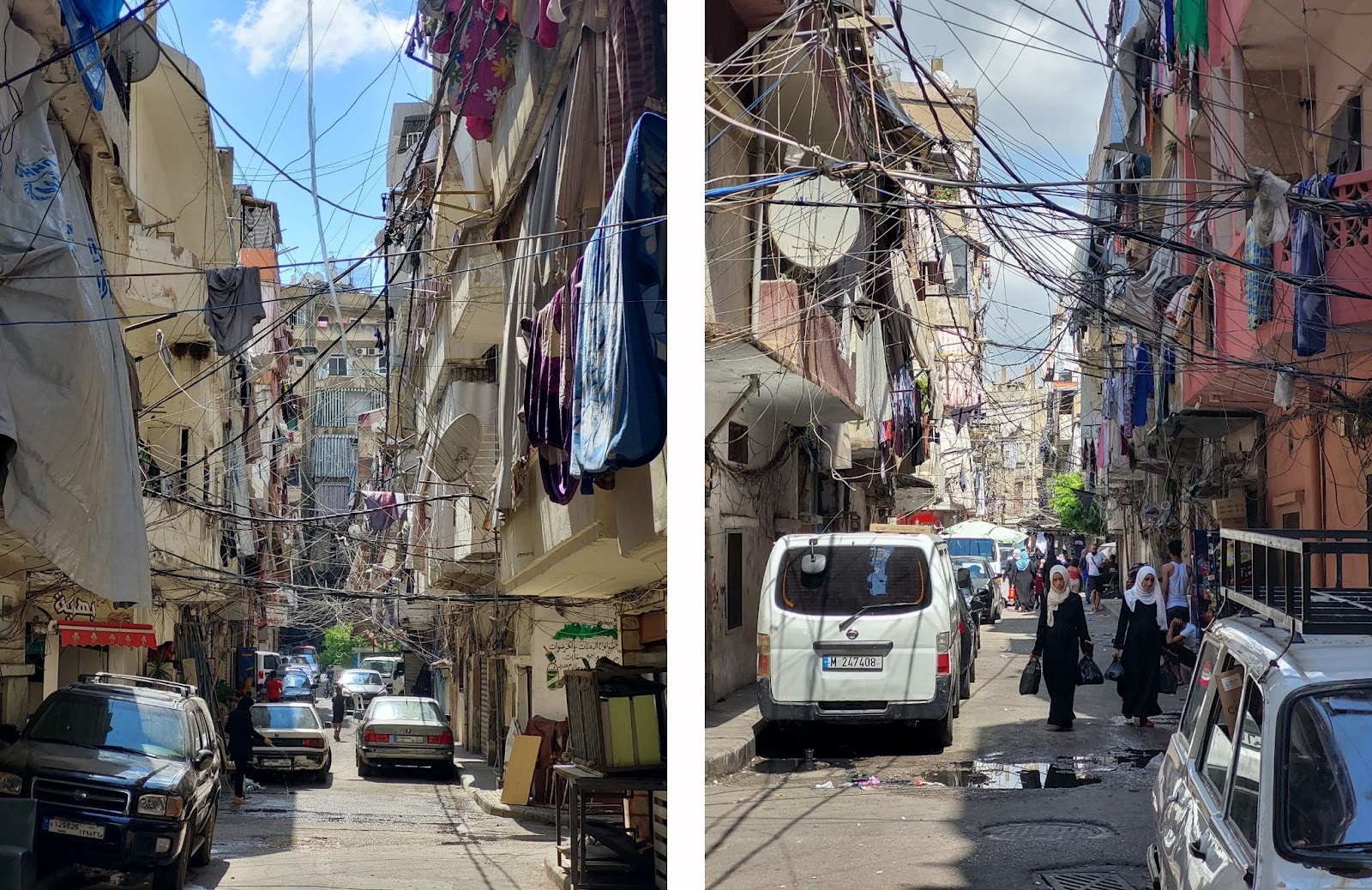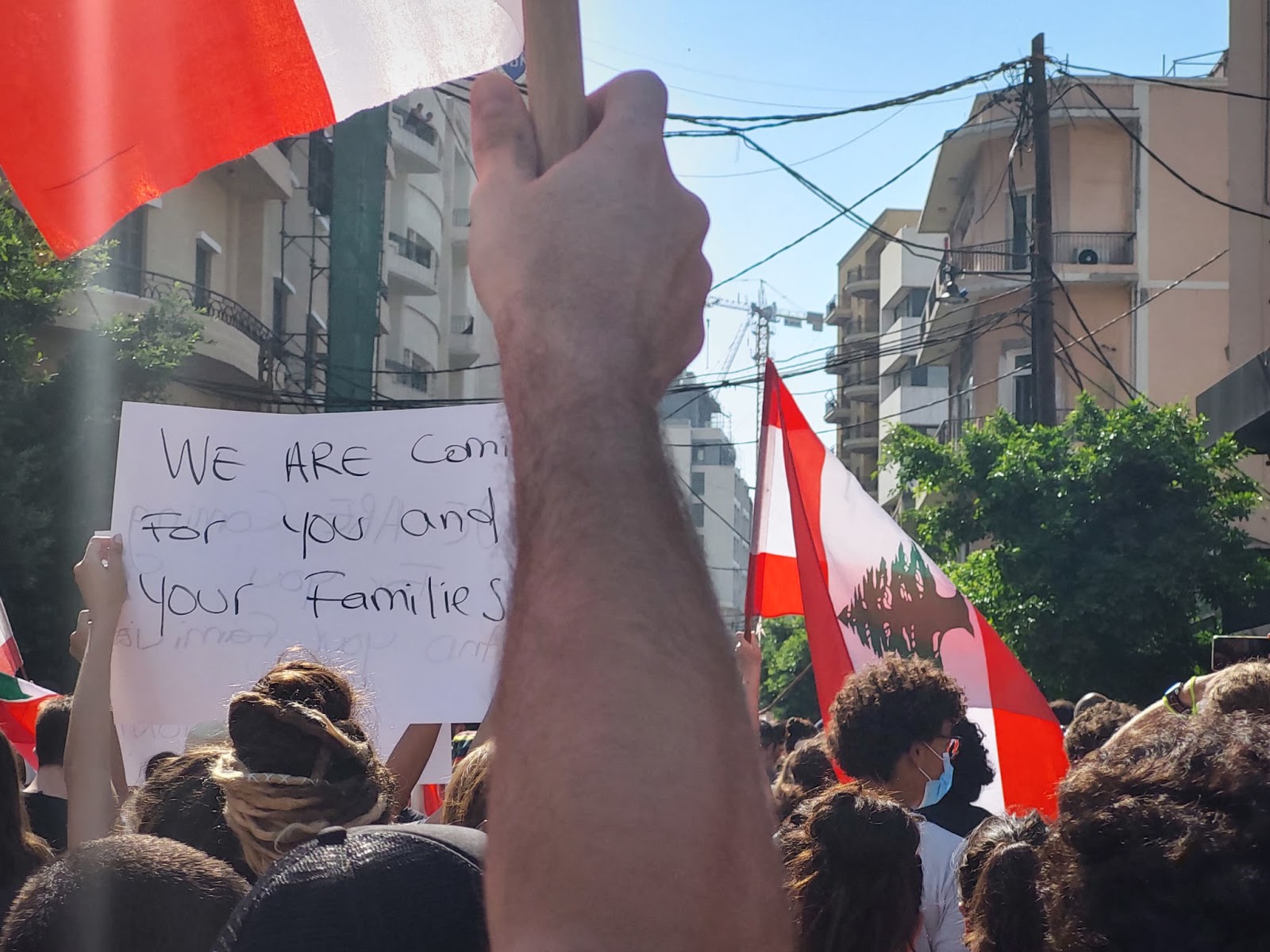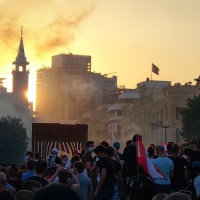This situation in Lebanon is so desperate, the British Embassy announced it would be “temporarily” withdrawing non-essential staff. There is so little fuel and electricity, it’s become difficult to work. And a steady rise in protests and violence add fuel to an already delicate situation.
Earlier, one of the largest hospitals in Beirut announced that without immediate government intervention, 55 people would die due to a lack of electricity. The hospital was nearly out of the fuel it needed to run generators that power life-saving medical devices and faced the imminent death of 40 adults and 15 children, dependent on respirators to live. The hospital went on to describe the coming days, “One hundred eighty people suffering from renal failure will die poisoned after a few days without dialysis. Hundreds of cancer patients, adults, and children will die in subsequent weeks and very few months without proper treatment.”
Lebanon has been sliding toward collapse for the last year and a half. Wages are worth 90% less than two years ago, and 78% of the country now lives below the poverty line. Political leaders have been unable (or unwilling) to form a government for more than a year, so assistance promised by international governments is stuck outside the country. Meanwhile, families continue to suffer daily.
A fuel tank explosion in northern Lebanon, which killed 30 and injured at least 78 residents, is the most recent tragedy that illustrates why the current situation is dire on so many levels.

Lebanon is a small country, unable to supply its own food and energy needs—it relies on imports. Until May, Lebanon used to get a portion of its electricity from two Turkish “power ships” docked offshore, but because the Lebanese government stopped paying, that power was cut off.
Political indecision about the price to charge for imported diesel fuel has caused shortages. Lebanon’s two domestic power stations don’t always have fuel to run, so are sometimes shut down. State electricity is rationed and supplemented with private generators. When those private generator owners can’t get fuel, there is no electricity.

And the government recently announced it is removing the protective subsidies that protect the price of imported fuel against the fall of the local currency. The price of fuel is expected to jump five times the current price. Many gas stations and fuel depots are closed, their owners hoping to take advantage of higher profits after a price jump. This has only increased shortages and lengthened miles-long lines at the few open gas stations.
Because fuel impacts virtually everything needed to live, from the basics of food and water to electricity, this was a step too far for many Lebanese residents. In incidents across the country, protestors have been blocking roads and confiscating fuel trucks, diverting fuel to neighborhood generators rather than depots.
Members of the military, also on the verge of collapse (it has cut food rations to soldiers and held helicopter-ride fundraisers to help maintain equipment), have also begun raiding closed gas stations across the country and distributing the gas to residents. The tanker explosion in northern Lebanon happened at a gas storage facility confiscated by soldiers. This area has experienced acute fuel shortages in recent weeks. Fights broke out as desperate residents lined up for fuel, and while the cause of the spark is still under investigation, the result is clear: deaths and injuries so severe, survivors are being transported out of the county for care.

The hospital we mentioned earlier that announced its patients are on the verge of death because of lack of fuel? At the very last minute, it provided enough fuel for one week. But soon enough it will be in critical condition again. In the coming weeks, electricity blackouts will grow longer. Water shortages will worsen. Bread, which requires trucked-in flour, will become even harder to find. Fresh food will disappear from stores unable to keep items cool. The price of cooking fuel will double. And the majority of Lebanese families, too poor to leave the country, will become increasingly desperate.
The Lebanese people will not be able to live like this indefinitely. We’ve seen the effects of massive blasts, but make no mistake—the whole country is a powder keg ready to blow.
As a community of peacemakers, we have been standing with Lebanese residents. For more than a year we have provided emergency meals and month-long food packs to hungry residents. We have been rebuilding homes, making a way for those made homeless by the blast to go home. We cannot close our eyes to the disaster unfolding now. We have to be ready to respond. And you can join us.


